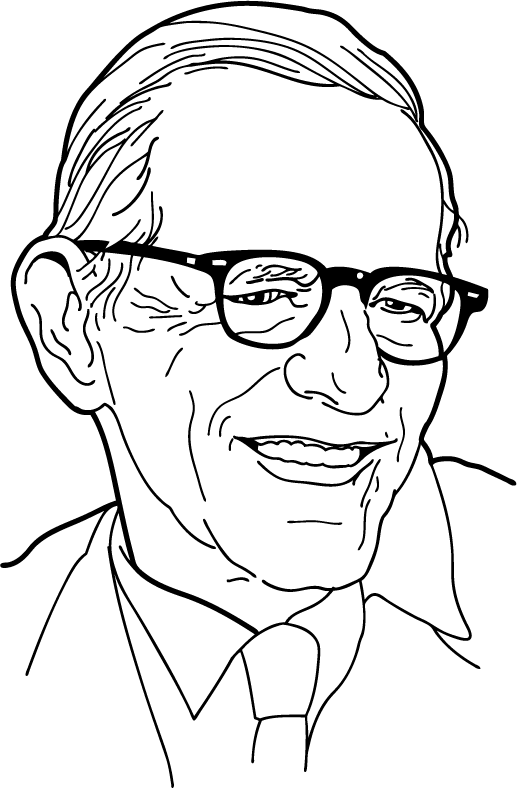Business Thinkers
1880 - 1949
George Elton Mayo

Biography
Mayo was born in Adelaide, Australia, and his academic career was first directed at being a medical doctor in Adelaide and Edinburgh before he abandoned his studies.
He then had various menial jobs in London and Africa before returning to Australia as a partner in a printing business, where he became introduced to philosophy and gained a prize-winning BA First-Class Honours degree.
The turning point of his life came when he began psychiatric treatment of soldiers returning from World War I with "shell-shock".
In 1926 he joined Harvard University and became the leader of their Hawthorne Experiment. This established that organisations were made up not only of formal structures, but also of informal relationships.
Drucker regarded Mayo and the Hawthorne experiments as still the best work on Human Relations, although he differed with Mayo and believed that payment was the first item to be settled for the employed. Mayo's work is also referenced by Maslow.